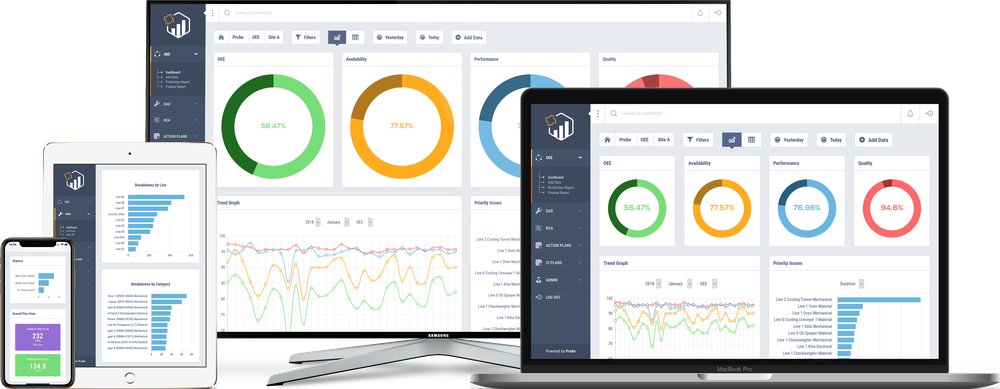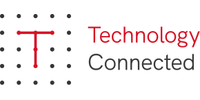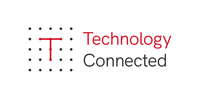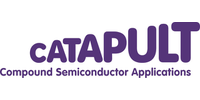At its simplest, the UK economy, like any other, is a system which converts work into the output of goods and services. Productivity measures this rate of conversion.
Labour productivity is measured by calculating the economy's output and the total labour hours involved in its production. So if output rises by 2% in a given period whilst the hours of labour used to produce it rise by 1% then productivity would have grown by 1%. Or, if the hours of labour used rises by 2% then productivity would have been unchanged.
For a long time we as a company have shown a particular interest in the Productivity Conundrum or Productivity Puzzle, whatever you prefer to call it. Whenever it's in the news and being discussed by politicians we listen in amazement at the below par performance figures. There are always many guesses as to the cause of poor productivity yet there is never any mention of poor management or a right first time approach.
This is a pattern we see time and time again in too many businesses and it was the reason we started to work on finding a solution. Our conclusion was; Without a governing system to report and coordinate activities people often work on the wrong things. Furthermore, adhoc management will result in poorly coordinated activities due to a lack of understanding of the correct priorities.
One of the saddest indictments on Industry is that we have been seriously embracing continuous improvement in one form or another for over 30 years, firstly through TQM, JIT & Kaizen and then through the growth of Lean and Six Sigma. Surely these methods and techniques are intended to address all the factors that impact on poor efficiency and performance. So why aren't they delivering in a more widespread fashion?
It is our firm belief that, whilst the methods clearly work when applied and sustained properly, there is no escaping the fact that they are manual. Those tools that we have relied on for 30 years have one big flaw; They are driven by people and anything that relies on people power will lack a mechanical consistency and will rely on discipline alone to ensure sustainability. Through the evolution of cloud based computing, technology now has the capability to join the dots. The solution to this problem, infact the solution to the productivity conundrum, as well as the carbon footprint benefits that are tied into it, is a hybrid between operational excellence and a technology based visual management system.

We hear so often about Pareto's law which says 80% of the opportunity will lie with only 20% of the issues. Great! That's understood. But what if we are not accurately identifying what that 20% is in the first place or what if we are not effectively resolving or understanding the root causes of that 20%? If that is the case businesses will continue to see the negative impact and the continuation of the same problems i.e. there will be very little change to the 80% of the issues.
The Lean DMAIC process is clearly defined but are these just buzz words or are we truly following the steps? Of course those world class organisations follow them implicitly but what about the rest? Is this just example where the 80/20 rule applies again? Only 20% seem to make it work?
Our view is that most organisations pay lip service to those five phrases. In fact, we believe that the acronym which is the foundation of Lean Manufacturing should be written in small letters, with one exception. The M for measure. "dMaic". I know that would make it sound like some trendy rapper but if organisations measure things effectively then the priorities set themselves. Ultimately this is about performance! The bottom line! Of course define, analyse, improve and control are important, that go without saying? But measurement is the key to it all. Measure performance and measure it to its smallest possible constituent and you will see where your 80% lies.
People make mistakes and are quick to give opinions. Data is non emotional but if measured correctly it is accurate which allows people to prioritise their activities correctly to identify and implement permanent corrective action for problems and opportunities. This is why we believe combining the methodology of operational excellence with the connectivity that cloud based technology offers will create a hybrid which will fundamentally improve the way that the operational excellence tools are embedded into an organisation to a point where it will not only drive the improvement but it will engage the entire operation.
A manufacturing operation with foundation which is based on world class data collection and reporting will get thing right first time and every time.
TO SEE THE FULL WEEKS AGENDA AND REGISTER FOR OTHER WALES TECH WEEK EVENTS, CLICK HERE
















